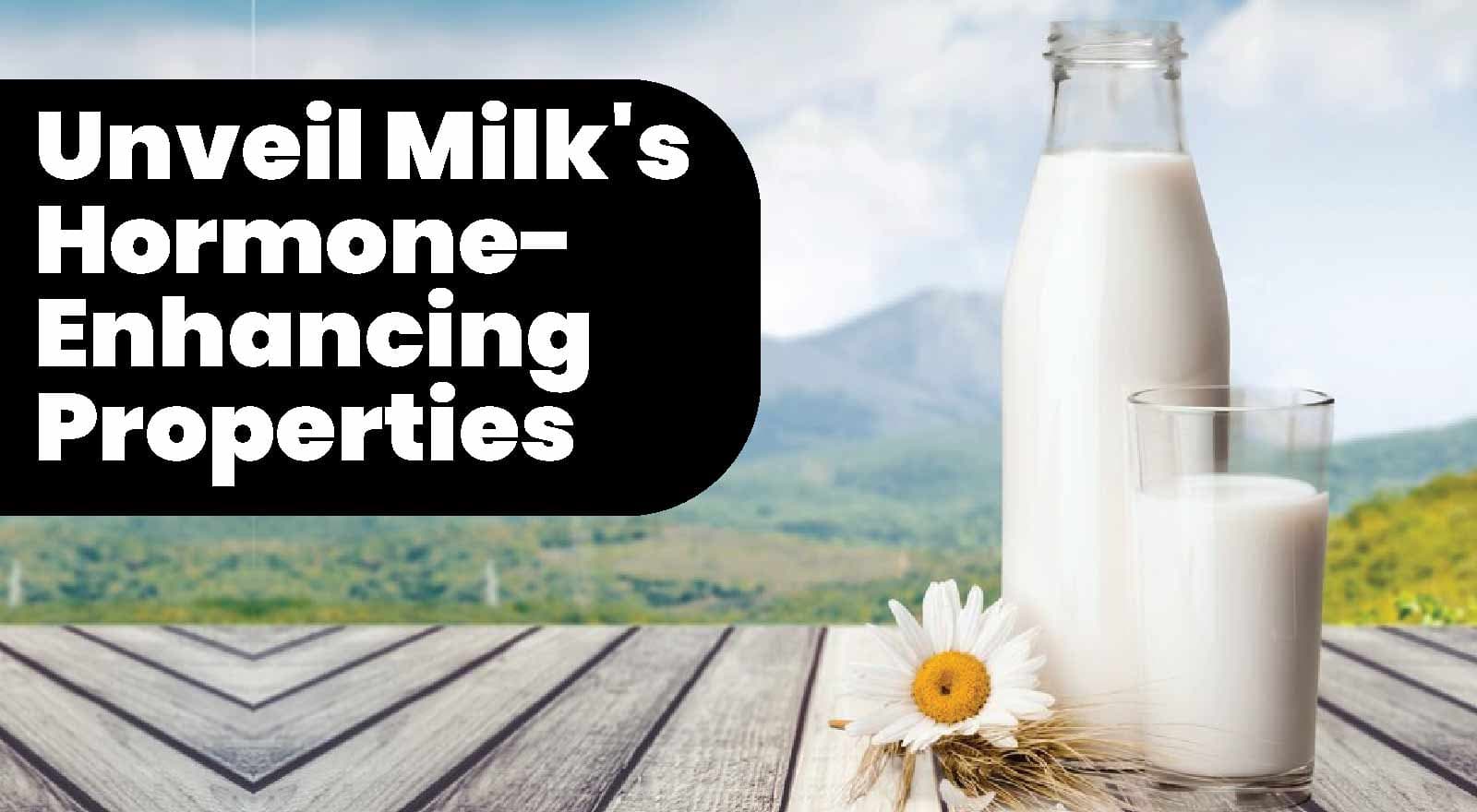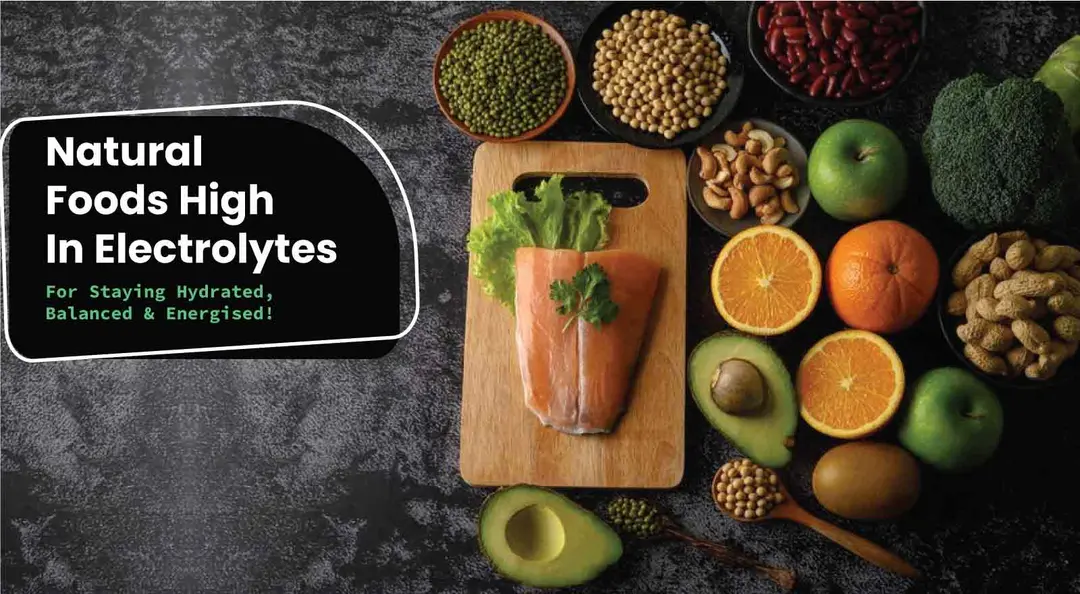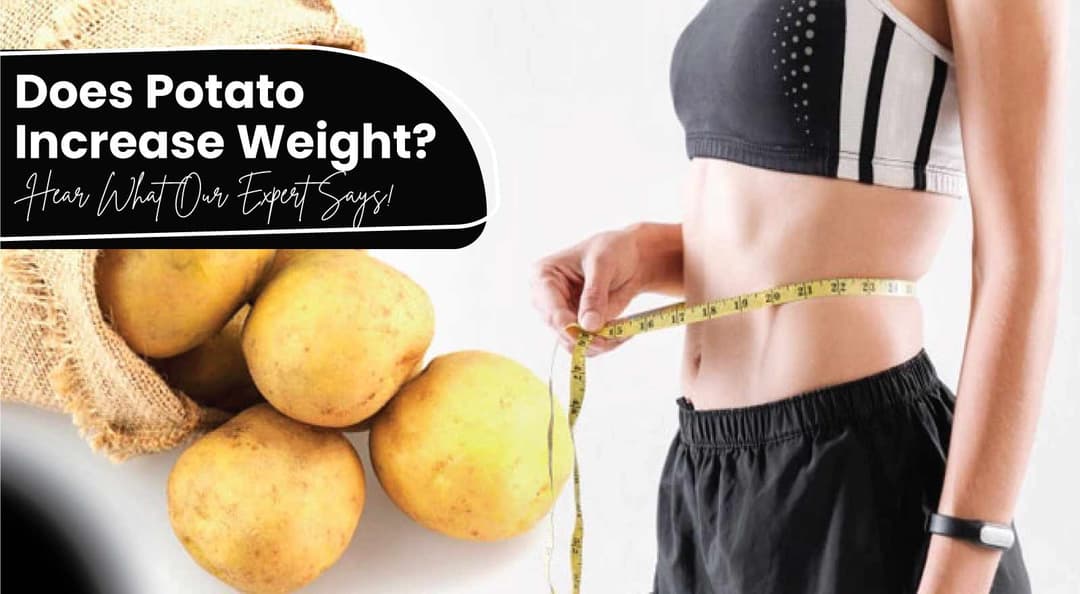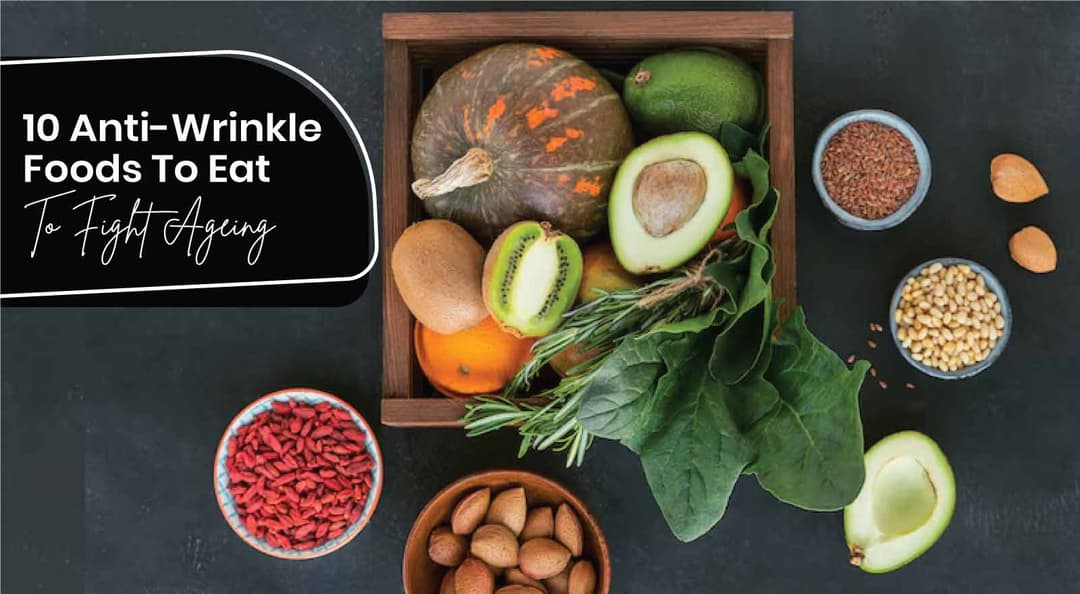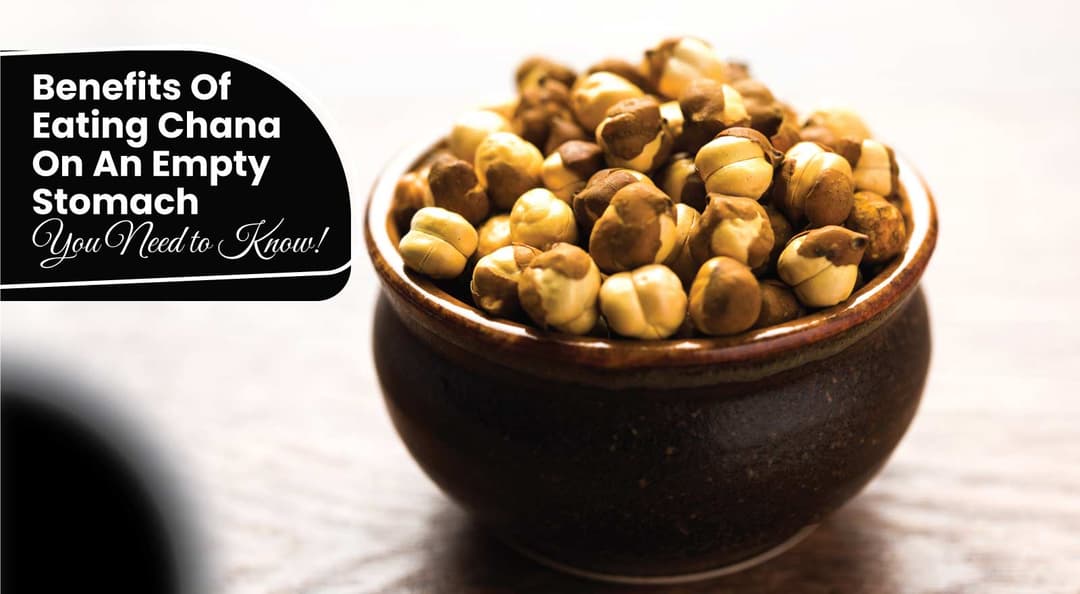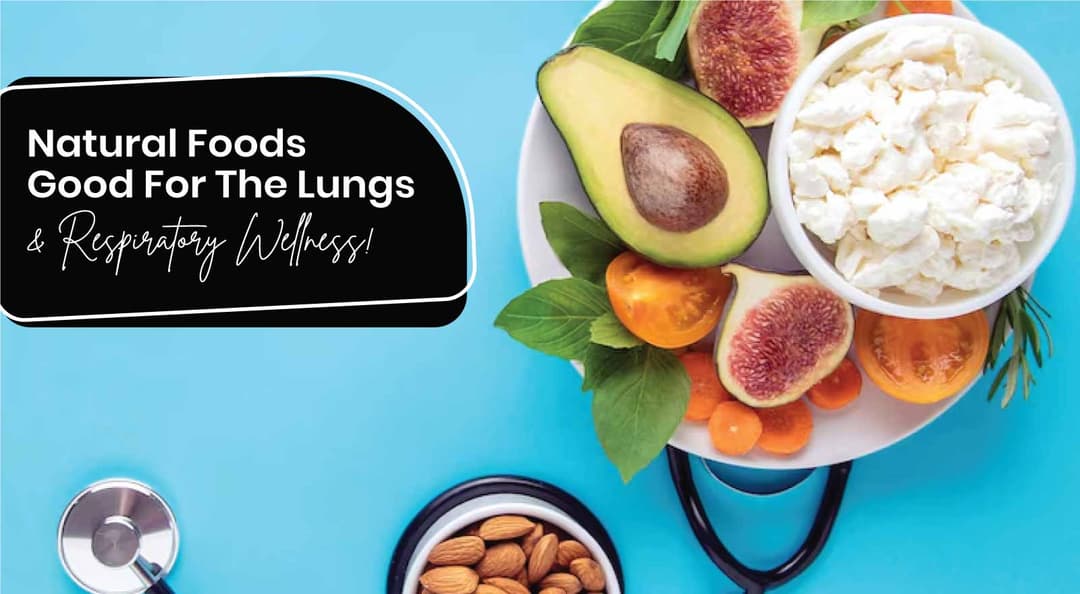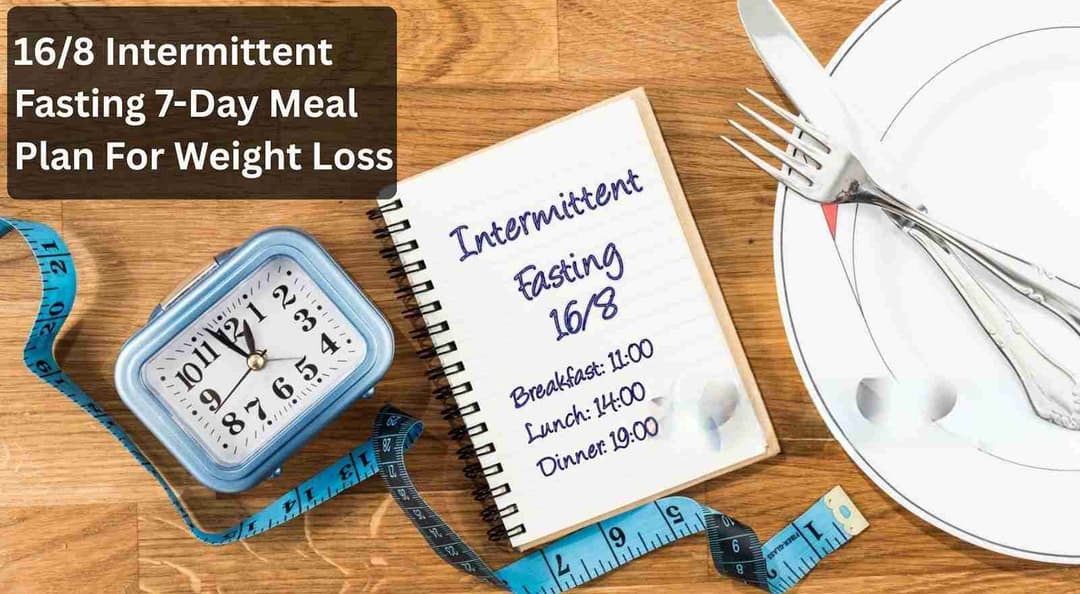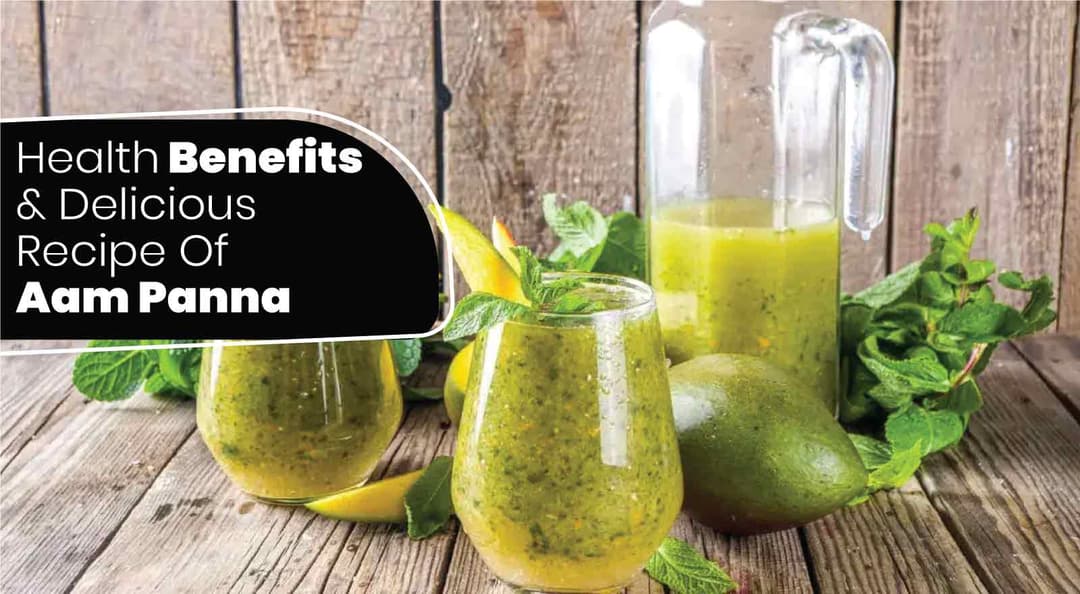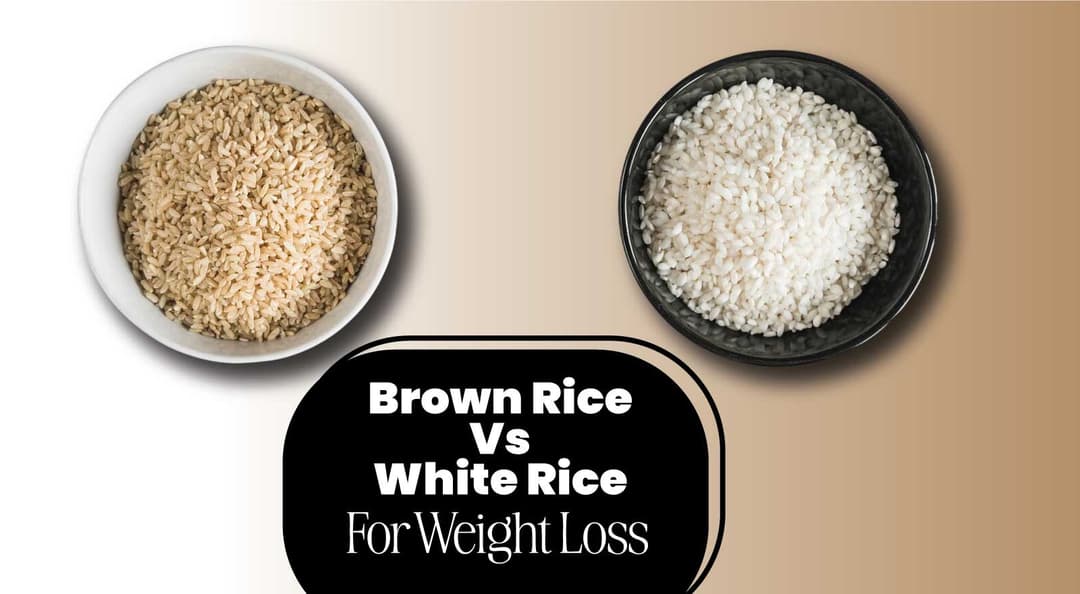Are you someone who’s been hitting the gym hard, eating clean, and still your testosterone levels aren't where you want them to be? Perhaps you've heard mixed opinions; some say milk is great for boosting hormones, while others warn that it's full of hormones itself and might have the opposite effect. So, what’s the real deal? Does milk increase testosterone? In today’s lifestyle changes, where energy, strength, and hormonal balance matter more than ever, especially for men trying to build muscle, improve mood, or support reproductive health, it’s no surprise that milk comes under the spotlight.
That’s why we’re diving into the science and facts behind milk, whether it really has testosterone-enhancing properties, what type of milk makes a difference (yes, whole milk and skim milk affect the body differently), and how its nutrients like saturated fats, vitamin D, and protein might influence your hormone levels. So, let’s unpack the carton and pour out the truth about milk and testosterone in a way that’s easy to understand.
Table Of Contents
1. Does Milk Affect Testosterone Levels?
2. Which Drinks Increase Testosterone?
3. The Final Say
4. FAQs
5. References
Does Milk Affect Testosterone Levels?
Yes, up to some extent! However, the impact of milk on testosterone levels is likely complex and influenced by factors such as individual metabolism, overall dietary intake, and the specific type and amount of milk consumed.
While milk is a source of various nutrients in the diet for hormonal imbalance, concerns have been raised about its effects due to the presence of naturally occurring and sometimes added hormones.
Let’s discuss and understand the existing potential for testosterone levels, examining both short-term and long-term effects, the hormonal content of milk (both organic and conventional), for a clear understanding of milk's impact on testosterone levels:
1. Short-Term Effects Of Milk On Testosterone
Consuming milk or milk-derived products, such as whey protein, may lead to a temporary decrease in testosterone levels shortly after ingestion. One study involving teenage boys observed this phenomenon, but also noted a similar decrease after consuming glucose, which dissipated within about an hour.
This suggests that the immediate reduction may be related to nutrient intake in general, rather than specific components of milk. The clinical significance of these short-lived fluctuations remains unclear and is unlikely to have a substantial impact on overall testosterone levels.
2. Long-Term Effects Of Milk On Testosterone
The long-term impact of milk consumption on testosterone levels is where the evidence becomes more varied and less conclusive.
Potential Increase: A study conducted on Taiwanese men found a positive correlation between higher milk and dairy intake and higher testosterone levels. This suggests that in some populations, regular consumption of dairy might be associated with increased testosterone.
Potential Decrease: Conversely, research involving premenopausal women indicated a slight decrease in testosterone levels with increased dairy consumption. This highlights that the effects might differ based on sex and hormonal profiles.
No Significant Impact: Many researchers and analyses conclude that the estrogen present in commercially produced milk, while detectable, is in such low concentrations that it's unlikely to cause a significant and lasting reduction in testosterone levels in most individuals.
Try ToneOp Care's Anti-Ageing Vegan Solution is a daily supplement to reduce the signs of ageing and promote wellness. Enriched with essential omega-3, 6, and 9 fatty acids, this vegan formula rejuvenates skin, aids in weight management, strengthens bone density and more.
3. Impact Of Hormones Present In Milk On Testosterone
Modern dairy farming practices, where cows are often milked throughout pregnancy, result in the presence of naturally occurring estrogens and progesterone in milk.
Also, consuming cow's milk can lead to a temporary increase in serum estrogen and progesterone levels in both men and children, accompanied by a short-term decrease in luteinising hormone, follicle-stimulating hormone, and testosterone. These differ in lactose-free diet choices.
However, the long-term consequences and clinical relevance of these transient hormonal changes are still under investigation. Organic milk might have lower levels of synthetic hormones, but it still contains natural hormones.
4. Organic VS. Conventional Milk Impact On Testosterone
The choice between organic and conventional milk is often raised in this context.
Organic milk comes from cows raised without synthetic hormones. While this might reduce exposure to added hormones, both organic and conventional milk contain naturally occurring estrogens and progesterone.
Currently, there isn't strong evidence to suggest that choosing organic milk has a significantly different impact on testosterone levels compared to conventional milk. The naturally present hormone levels in both types are generally considered low.
Overall Scientific Consensus:
The prevailing scientific consensus is that moderate consumption of milk and dairy products is unlikely to have a significant negative impact on testosterone levels in most men.
Science suggests a potential benefit in specific contexts, such as high-protein intake, possibly in the form of protein powder for non-gym-goers, combined with resistance exercise. However, the effects might vary in different populations, such as premenopausal women.
Also, consuming high-protein dairy in conjunction with strength training can boost testosterone levels and contribute to muscle growth and strength gains in men. This suggests that the context of milk consumption, including dietary composition and physical activity levels, may influence its effects on testosterone.
Note: Self-treating or making significant dietary changes based solely on general information is not recommended.
Also Read: 15 Surprising Health Benefits of Milk And Honey
Which Drinks Increase Testosterone?

While the direct impact of specific drinks on increasing testosterone is complex and still under investigation, some beverages contain compounds or are associated with lifestyle factors that can indirectly support healthy testosterone levels. It's essential to note that significant increases in testosterone are often related to overall healthy habits, rather than specific drinks alone.
Consider these drinks to increase testosterone levels:
- Pomegranate Juice: Science suggests that pomegranate juice lowers the levels of stress hormones like cortisol, which in turn could have a positive effect on testosterone levels.
- Milk (in moderation, especially high-protein): As discussed previously, the relationship between milk and testosterone is complex. Also, the high-protein dairy intake, particularly after resistance training, is known to increase testosterone levels in men.
- Ginger Tea: Ginger has shown promise in boosting sperm counts with diet and testosterone levels, and enhancing sperm health. Incorporating ginger into a tea could be beneficial.
- Green Tea: While not directly shown to increase testosterone, green tea is rich in antioxidants and can contribute to the effects, which is essential for healthy hormone production.
- Water: Staying adequately hydrated is crucial for overall bodily functions, including hormone production.5 Dehydration can negatively impact various bodily processes.
Important Considerations:
- Alcohol: A very light and occasional alcohol consumption might slightly increase testosterone in some individuals; regular or heavy drinking is consistently linked to lower testosterone levels.
- Sugary Drinks: High intake of sugary drinks can lead to insulin resistance, weight gain, and other metabolic issues that are often associated with lower testosterone levels.
- Soy Milk: While science suggests a potential for lowering testosterone due to phytoestrogens, some sources have found no significant effect. More research is needed in this area.
Also Read: 10 Healthy Cinnamon Milk Benefits For Enhanced Wellness
The Final Say
As stated previously, the scientific evidence regarding milk's effect on testosterone levels is mixed and not definitive. While some suggest short-term decreases or associations with lower testosterone in specific populations (like premenopausal women), others indicate increases with high-protein dairy in men, or no significant long-term impact. Accuracy is still awaited about the long-term effects of different types and amounts of dairy consumption on testosterone levels. So, for specific concerns about your testosterone, consult first based on your health profile.
FAQs
1. Do milk and eggs increase testosterone?
Yes! Milk and eggs can be part of a diet that supports healthy testosterone. Milk provides vitamin D, and eggs offer protein and cholesterol, which the body uses to make testosterone.
2. What raises testosterone?
Things that raise testosterone levels include regular exercise (especially weightlifting), getting enough sleep, managing stress, and eating a balanced diet rich in zinc and vitamin D.
3. Does milk affect hormone levels?
Yes, it does! Milk contains natural hormones. Some studies suggest it lowers testosterone in women. In men, science shows no big impact or even a slight increase with high-protein dairy.
4. What reduces testosterone in males?
Things that can lower testosterone in males include obesity, lack of sleep, high stress levels, excessive alcohol, smoking, and certain medications.
5. Do milk and banana increase testosterone?
Yes, up to some extent! Milk provides some nutrients that support testosterone. Bananas contain vitamins and minerals, including magnesium, and also an enzyme called bromelain, which may offer health benefits. Eating them as part of a healthy lifestyle is beneficial.
References
- https://www.apollo247.com/health-queries/does-milk-increase-or-decrease-testosterone-levels_hqu
- https://thepocketdoctor.org/does-milk-increase-or-decrease-testosterone/
- https://lowcountrymale.com/low-testosterone-avoid-foods/
- https://www.avogel.co.uk/health/mens-health/does-diet-affect-testosterone-levels/
- https://www.medicinenet.com/which_foods_increase_testosterone_the_most/article.htm
- https://www.menshealth.com/uk/nutrition/a747704/boost-testosterone-foods/
- https://www.regenxhealth.com/post/do-energy-drinks-increase-your-testosterone-levels-an-examination-of-c4-and-prime-energy-drinks
About ToneOp Fit
ToneOp Fit is a platform dedicated to improving and maintaining good health through a comprehensive range of goal-oriented health plans with up to 3 Coach support. With a range of Weight Management, Medical Condition, Detox Plans, and Face Yoga Plans, the app also provides premium health trackers, recipes and health content. Get customised diet, fitness, naturopathy & yoga plans and transform with ToneOp.











